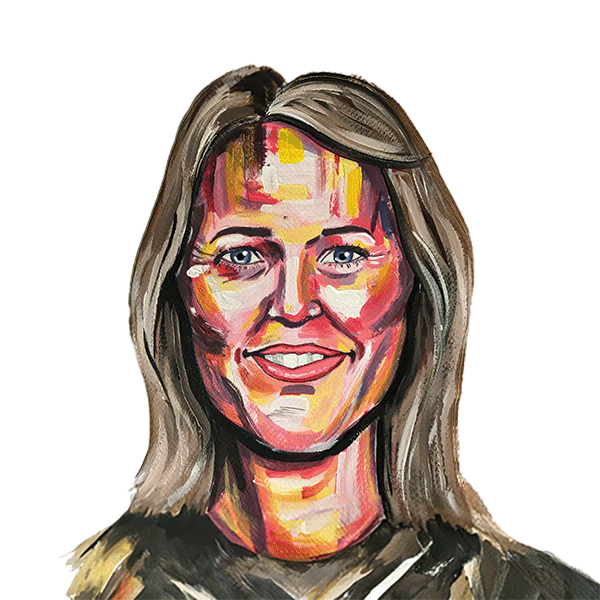Mental Health Thrives In Safety And Connection

Societies are continuing to recover and adapt to the upheaval and uncertainty of the last few years, and our work as HR professionals is far from done when it comes to supporting the business, our employees, and our communities, with such a high degree of change. The biggest focus for us right now, is how to reconnect – that’s key to adapting to the new “normal”.
When we experience trusting and empathic relationships, we feel safe and enjoy a host of mental health benefits, and therefore we know that to reconnect is to rebuild a sense of safety, which is essential for individuals and the business.
That’s why ‘Mental Health Thrives in Safety and Connection’ was the main theme for our work around this year’s World Mental Health Day, and our current area of focus when it comes to the mental health of both our employees and our listeners.
Reconnection For Belonging And Safety
This week, at Spotify, to mark World Mental Health Day, we invited everyone to take a break from the day-to-day and to concentrate on tuning into themselves. By tuning into themselves, they can make space to connect with their bandmates in a safe way, and build a deeper sense of belonging.
To support this, we set up fireside chats, workshops, and on-site events to help our band members deepen their understanding about mental health as well as explore what it means to reconnect safely in our post-pandemic world.
These activities offer support to each band member to reconnect at their own pace, and overall, this focus on mental health for employees should catapult the depth of sense of belonging across the organisation.
Learning For Listeners
Mental health has always been important to us at Spotify, and these last few years have brought the subject even more into focus. With our Heart & Soul team we focus on what’s important to Spotifiers, and our work here gives us insights into people and communities. As behaviourists, we are experts in people matters, and with a platform like Spotify, there are other areas we can have impact.
As World Mental Health Day approached, we were able to take our learnings from engaging our band members in mental health and the need to reconnect, and think about the current experience of Spotify listeners as well. We reflected that it’s not just employees who need time and space to tune in to themselves, but everyone! And with Spotify’s global reach – by creating content on our platform, we could have a greater impact across the world.
We can also help those who come to Spotify looking for the moments of inspiration and healing that music and podcasts can provide. That’s why we’ve created a Wellness hub, where we’re highlighting content that can help listeners find some respite from noisy thoughts and buzzing news feeds. We’re also collaborating with artists and podcasters to share their personal experiences of feeling overwhelmed and stressed, along with their ways to bring themselves back to a place of connection.
Internal Connection For Greater Impact
The most important thing to remember is that World Mental Health Day is one day. What matters in the end is how we show up for ourselves and each other on all other days. That’s why your top priority should always be helping your people to better navigate the present moment, and the uncertainty of what’s to come.
At Spotify, we’re in a unique position, since the nature of our product presents opportunities for us to impact the world at large. This is an example of how, in this new era of HR, it’s possible for you to expand your impact outside of that of your people, through building internal safe and trusting connections.
If you’ve already started on your mental health strategy and you’re looking to go a step further, think about how to build safety and connections between your teams, challenge the norm that HR only works internally. Be audacious and think about how the work that you do can be adapted through your connection with others in your business to impact the world. But most importantly, don’t forget that without your people you’re nothing. Whatever you do, your number one focus should be on making sure that mental health struggles do not take great employees away from your organisation.



